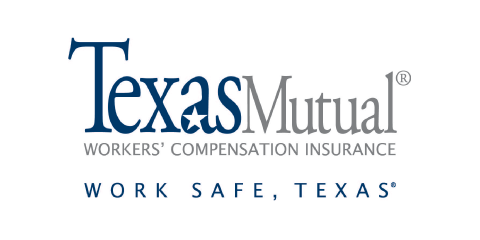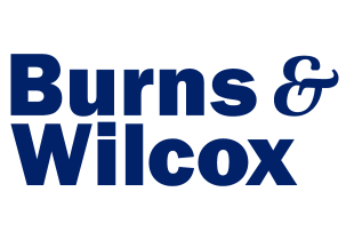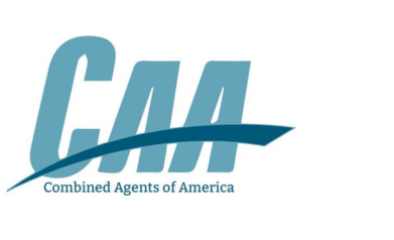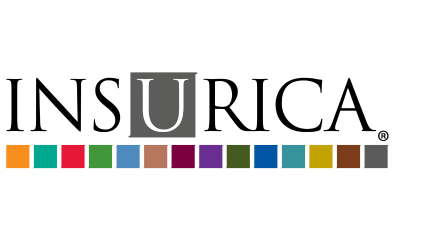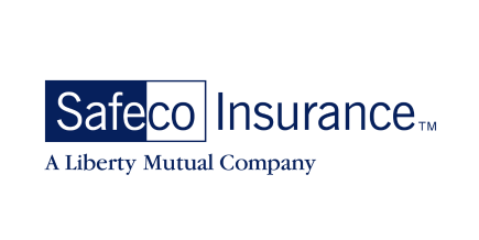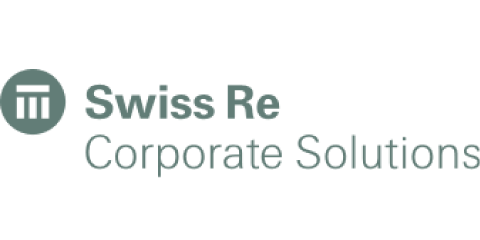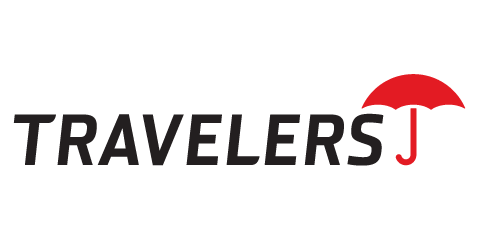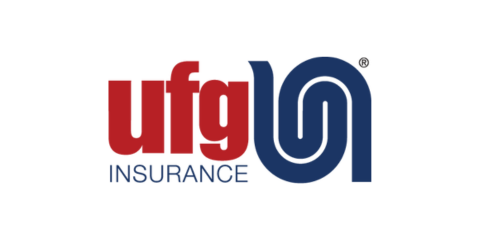The mere mention of Chapter 541 (formerly Article 21.21) of the Texas Insurance Code strikes fear in the heart of any insurance agent's errors & omissions insurance carrier and its defense attorneys. Mention it to a plaintiff's attorney, however, and dollar signs will appear in his or her eyes. There is an implied covenant of good faith and fair dealing, with it comes to working with clients and insurance contracts.
The "Unfair competition and Unfair Practices" statute and the rules promulgated by the Texas Department of Insurance in Chapter 21, Subchapter A of the Texas Administrative Code are designed to regulate trade practices in the insurance business by defining, or providing for the determination of, all practices that constitute unfair methods of competition or unfair or deceptive acts or practices. It applies to any person or entity engaged in the business of insurance, including insurance companies, agents, brokers, adjusters and others required to be licensed by the Texas Department of Insurance.
Legal Consequences of Committing Unfair Competition and Trade Practices
Agents can expect to see Chapter 541 cited in virtually any claim against the agency arising out of an error or omission. The reason is simple: the stakes are high-a successful claimant can walk away with the amount of actual damages plus court costs and reasonable and necessary attorneys' fees. If the court finds that the agent knowingly committed the acts complained of, it may award two times the amount in addition to the actual damages. The term "knowingly" is defined as "actual awareness of the falsity, unfairness or deception of the act or practice." (See "Legal Responsibilities of an Insurance Agent")
Defined Acts of Unfair Competition and Trade Practices
Chapter 541 lists the following as acts that constitute violations of the law:
- Misrepresentations and false advertising of policy contracts (see "Misrepresentation" below)
- False information and advertising generally
- Defamation, meaning false or malicious statements concerning the financial condition of an insurer
- Boycott, coercion and intimidation
- False financial statements
- Unfair discrimination in rates or coverages provided
- Rebating (see "Rebating and Referrals")
- Using deceptive names, words, symbols, devices or slogans (see "Naming Your Agency" in the Licensing section)
Misrepresentation Defined
The term "misrepresentation" is defined as any one of the following acts or omissions:
- any untrue statement of a material fact
- any omission to state a material fact necessary to make the statements make not misleading
- the making of any statement in such a manner or order as to mislead a reasonably prudent person to false conclusion of a material fact
- any material misstatement of law
- any failure to disclose any matter required by law to be disclosed, including failure to make disclosure in accordance with the provisions of the Insurance Code and other applicable rules of the Texas Department of Insurance.
Reference Source:
- Chapter 541 Unfair Competition and Unfair Practices - Texas Insurance Code

